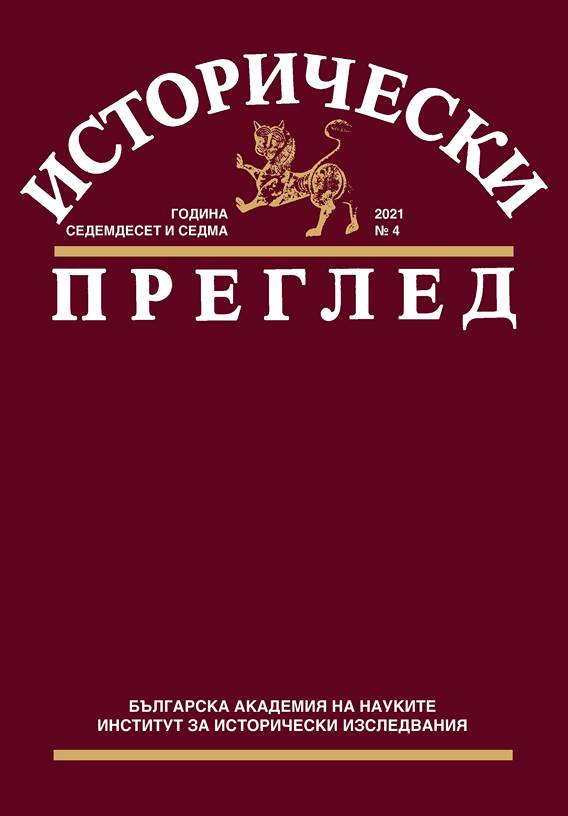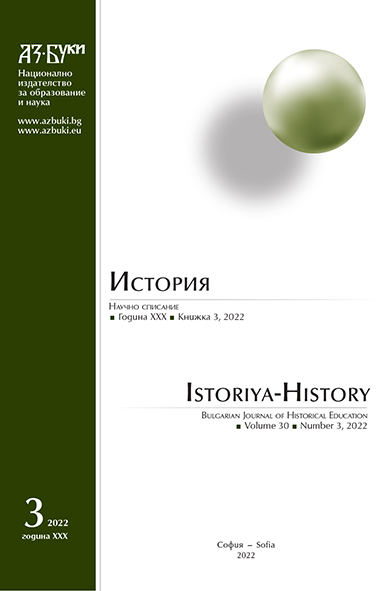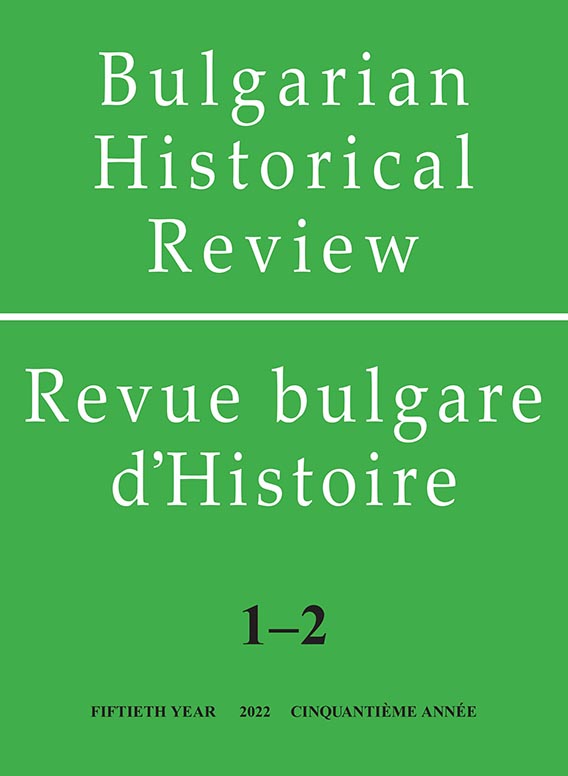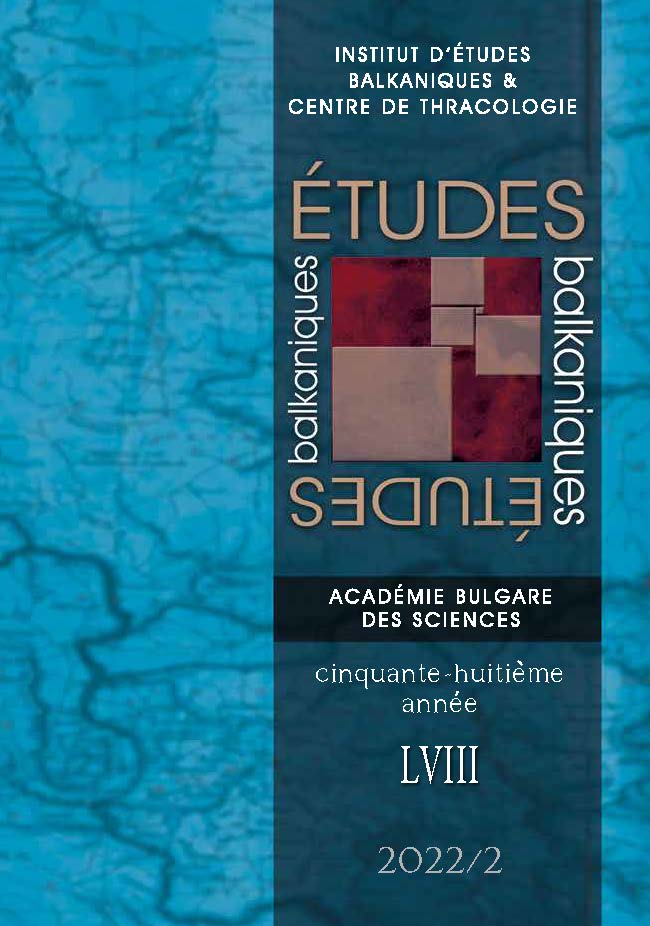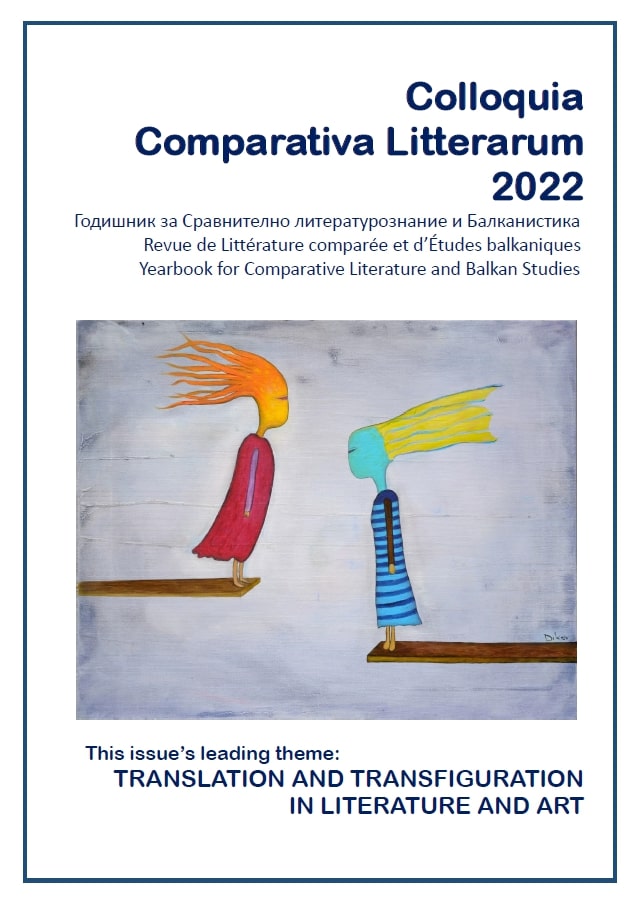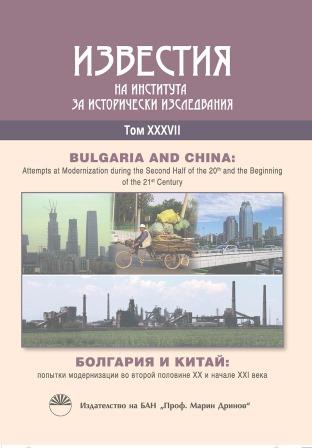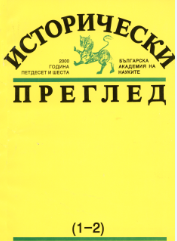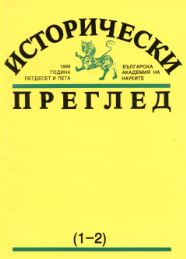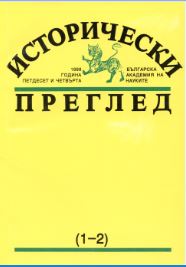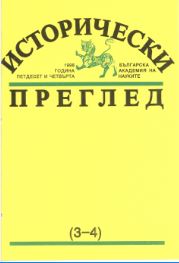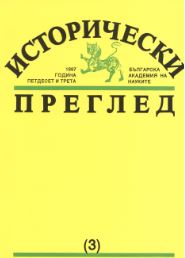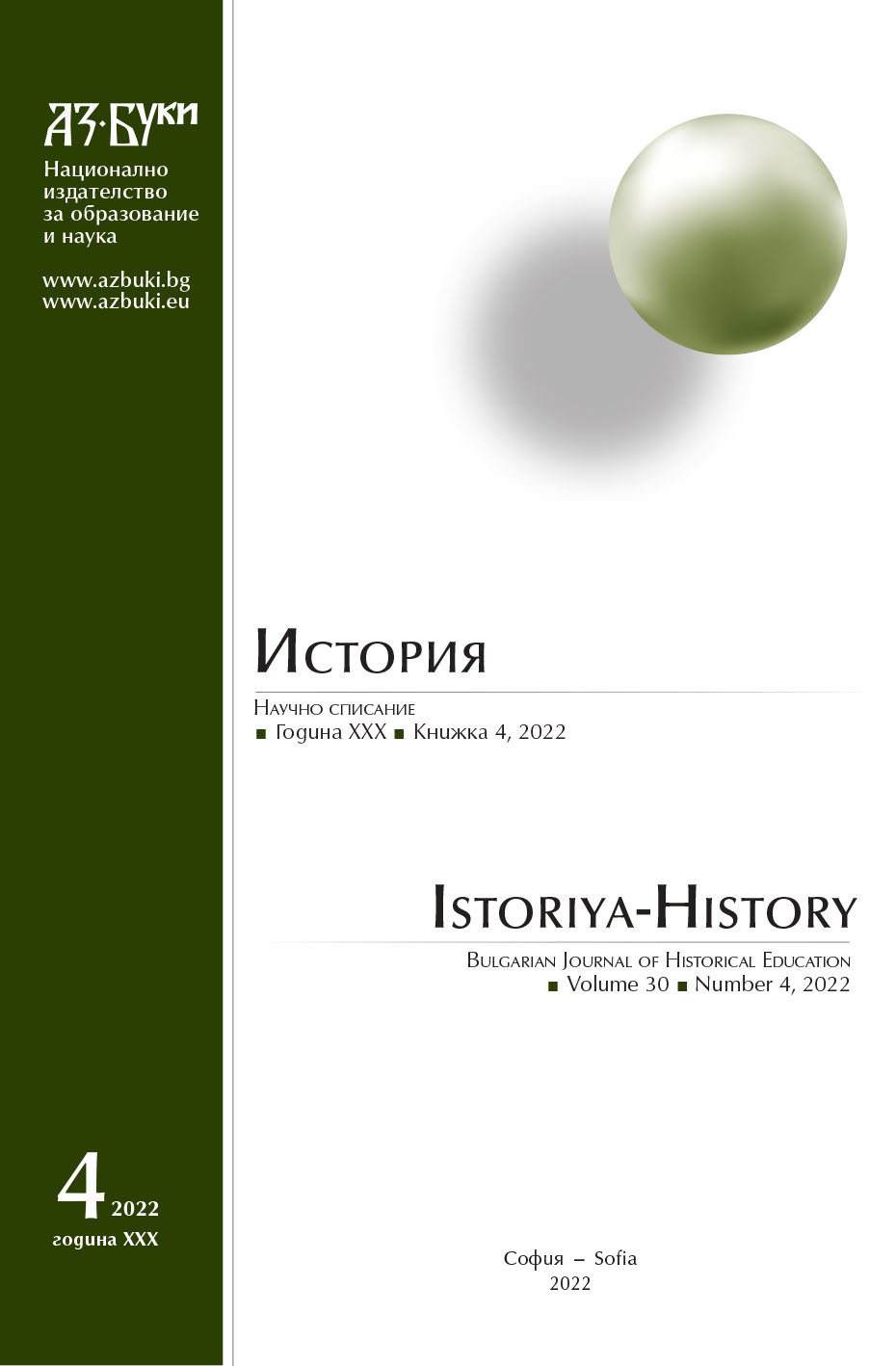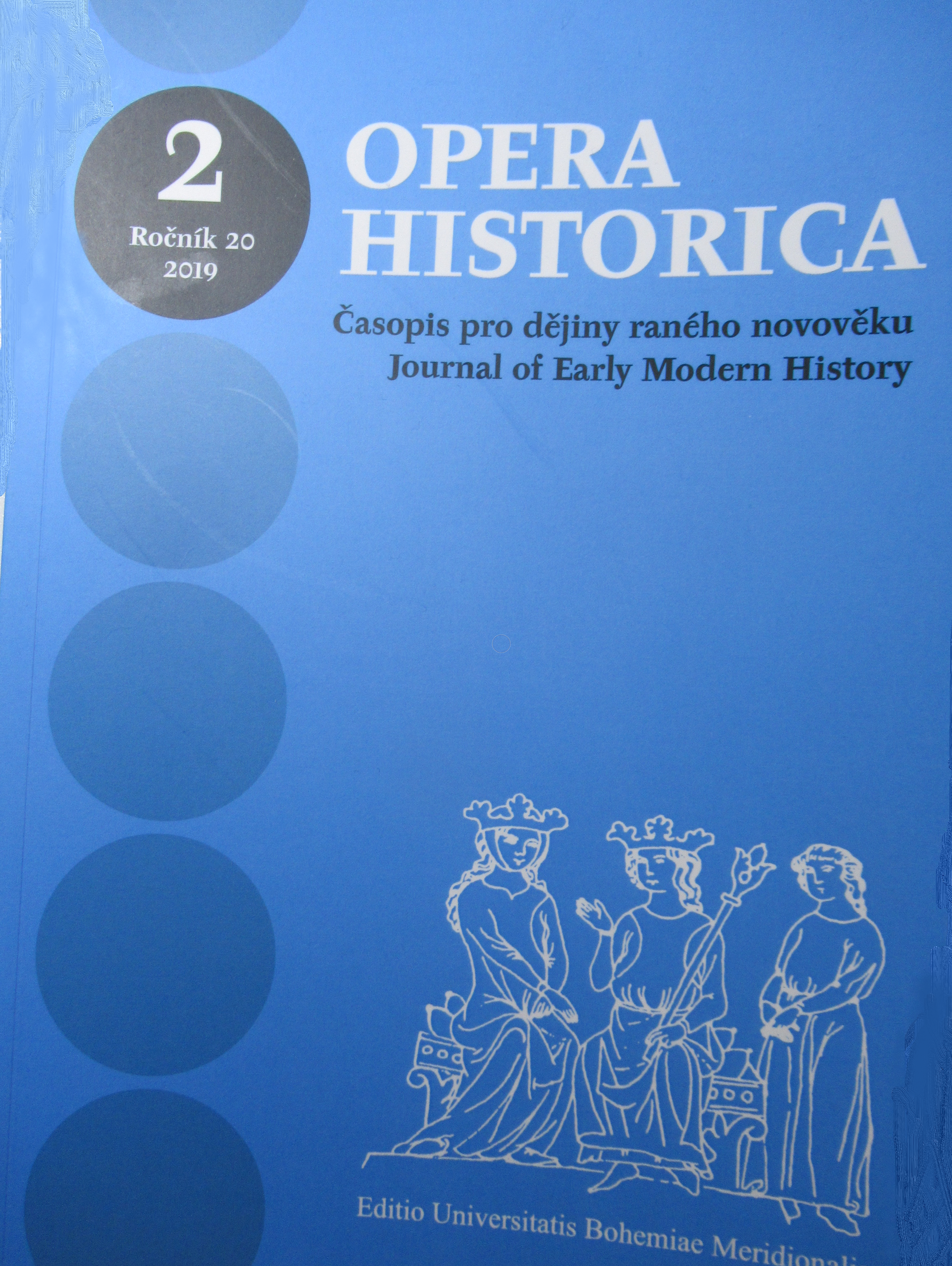
Recenze
This paper contains bellow listed book reviews: 1. Tošnerová, Marie a Květová, Miroslava. Paměť měst: narativní prameny k dějinám Prahy, Českých Budějovic a Litoměřic do roku 1800. Praha: Masarykův ústav a Archiv Akademie věd České republiky, v.v.i., 2019. 430 stran. Studie o rukopisech. Monographia, svazek XXII. ISBN 978-80-88304-21-0. 2. Hrachovec, Petr. Die Zittauer und ihre Kirchen (1300-1600): zum Wandel religiöser Stiftungen während der Reformation. [Leipzig]: Leipziger Universitätsverlag GmbH, 2019. 752 stran, strany 822-984, ii strany obrazových příloh. Schriften zur sächsischen Geschichte und Volkskunde, Band 61. ISBN 978-3-96023-073-1. 3. Pavelec, Petr, ed., Gaži, Martin, ed. a Hajná, Milena, ed. Ve znamení Merkura: šlechta českých zemí v evropské diplomacii. Vydání první. České Budějovice: Národní památkový ústav, 2020. 823 stran. ISBN 978-80-87890-31-8. 4. Boček, Pavel a kol. Moskva - Třetí Řím: od ideje k symbolu. Vydání první. Praha: NLN, 2019. 346 stran. ISBN 978-80-7422-582-6. 5. Hrubá, Michaela et al. Sola fide - Pouhou vírou: luterská šlechta na Ústecku a Děčínsku a její kulturní dědictví: katalog výstavy konané na zámku Děčíně 25. dubna - 30. září 2018. Vydání první. Dolní Břežany: Scriptorium, 2019. 287 stran. ISBN 978-80-7561-180-2. 6. Ronald G. Asch, Vor dem großen Krieg. Europa im Zeitalter der spanischen Friedensordnung 1598–1618, Darmstadt, Wissenschaftliche Buchgesellschaft 2020, 446 s., ISBN 978-3-534-27222-8. 7. Kilián, Jan. Niklasberg 1618-1648: život a lidé v krušnohorském městě za třicetileté války. Vydání první. Praha: NLN, 2019. 314 stran, 8 nečíslovaných stran obrazových příloh. ISBN 978-80-7422-745-5. 8. Bakeš, Martin. Diplomatem v půlnoční zemi: zástupci Habsburků ve Švédském království mezi lety 1650 a 1730. Vydání první. Praha: Academia, 2020. 680 stran. Historie. ISBN 978-80-200-3040-5. 9. Jirková, Pavla. "Větší-li se, či menší mor": raně novověké morové epidemie v českých zemích. Vydání první. Praha: Odbor archivní správy a spisové služby MV v Tiskárně Ministerstva vnitra, p.o., 2019. 302 stran. ISBN 978-80-7616-045-3. 10. Malý, Tomáš. Obrazy a rituál: římské korunovace divotvorných Madon a koncept barokní kultury. Vydání první. Praha: NLN, 2019. 324 stran. ISBN 978-80-7422-691-5. 11. Konstantin Dimitrievič Bugrov – Michail Alexandrovič Kiselev, Естественное право и добродетель. Интеграция европейсково влияния в российскую политическую культуру XVIII. века, Ekaterinburg, Izdatelstvo uralskogo universiteta, 2016, 450 s., ISBN 978-5-7996-1980-0. 12. Dale K. van Kley, Reform Catholicism and the International Suppression of the Jesuits in Enlightenment Europe, New Haven–London, Yale University Press 2018, 370 s., ISBN 978-0-300-22846-5. 13. Nekvapil Jirásková, Šárka. Protoindustriální společnost: populační chování a životní strategie venkovského obyvatelstva severovýchodních Čech v 18. a 19. století. Vydání první. Pardubice: Univerzita Pardubice, 2019. 393 stran. ISBN 978-80-7560-261-9.
More...
